T4K3.news
Maternity wards hit in Ukraine conflict
Frontline hospitals report ongoing attacks as births take place under shelter amid a broader demographic crisis.
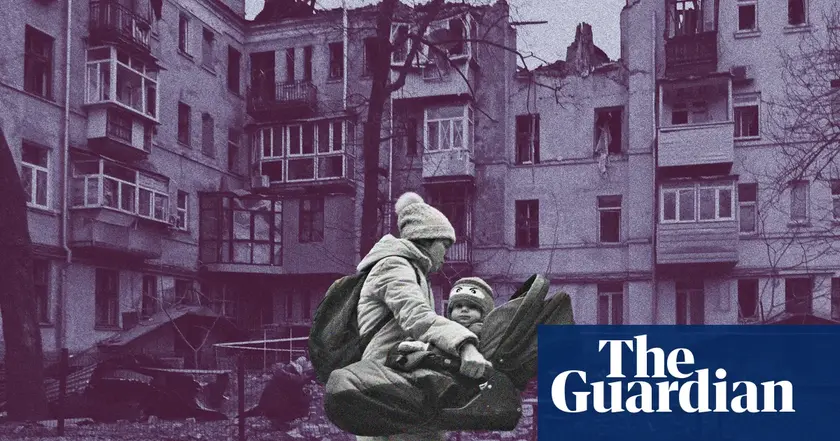
A frontline report shows how attacks on maternity hospitals shape childbirth and population trends across Kharkiv, Sloviansk and Kherson.
Ukraine frontline maternity wards under fire fuel birth rate crisis
A Guardian investigation visits three frontline maternity hospitals to document the toll of Russia’s invasion on childbirth. The wider war has left Ukraine with more than 2,000 strikes on medical facilities, including 81 that affected maternity care. In Kharkiv, the main hospital’s maternity wing has faced repeated drone and missile threats, forcing births to occur in shelters and even in makeshift basements. In Sloviansk, the maternity unit remains the last functionally active center in Donbas, with patients traveling long distances as other facilities close. In Kherson, a windowless underground maternity ward operates with deliveries, surgeries and recovery rooms beneath the city while nearby front lines flash with explosions. The numbers reflect a demographic shock: a country that once saw roughly 1,000 births annually in some cities now records far lower figures as fear and displacement keep couples from starting families.
Key Takeaways
"I was worried the hospital could be targeted, but I had no choice but to give birth"
Olga Shevela describing the pressure of labour during air raids
"Children are our happiness – they should be born"
Vitalii Chernetskyi with newborn Daria
"We are 100% confident Russia is targeting us deliberately"
Head of obstetrics in Kherson describing deliberate targeting
The Guardian reporting highlights a grim reality: war is not only a battle over land but a battle over births. Attacks on care facilities weaponize fear and risk turning pregnancy into a dangerous choice. Healthcare workers show remarkable resilience, improvising delivery rooms and improvising care under constant threat, while families navigate uncertainty about safety and the future. The result is a demographic stress that compounds the human cost of the conflict and may ripple for generations. Protecting medical facilities and improving safety for patients and staff should rise above politics, not be a reward for it.
Highlights
- Births become acts of resilience under fire
- There is no safe place left in this city
- Children deserve a future not a battlefield
- Hope is born in a shelter not in a hospital
Political and security risk around healthcare attacks
The report centers on deliberate attacks on medical facilities in a war zone, raising political sensitivity, potential backlash from involved parties, and implications for public reaction and budgetary needs to protect healthcare infrastructure.
The cost of war goes beyond lives lost; it reshapes how a nation hopes for the future.
Enjoyed this? Let your friends know!
Related News
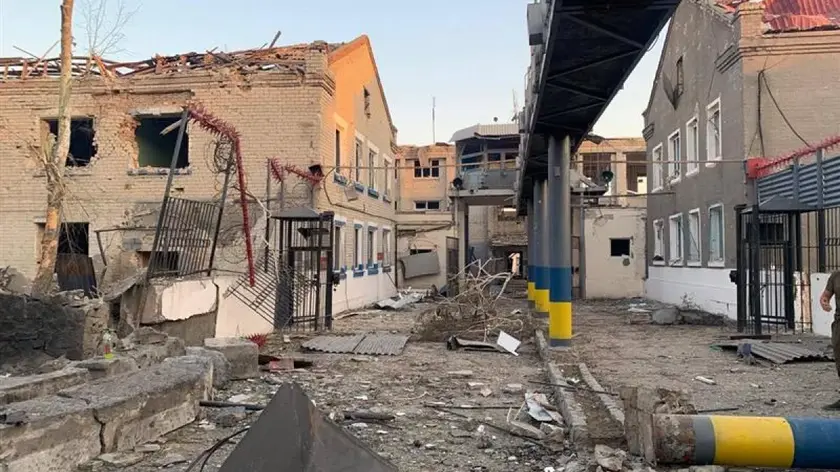
17 inmates killed after Russian strike in Ukraine
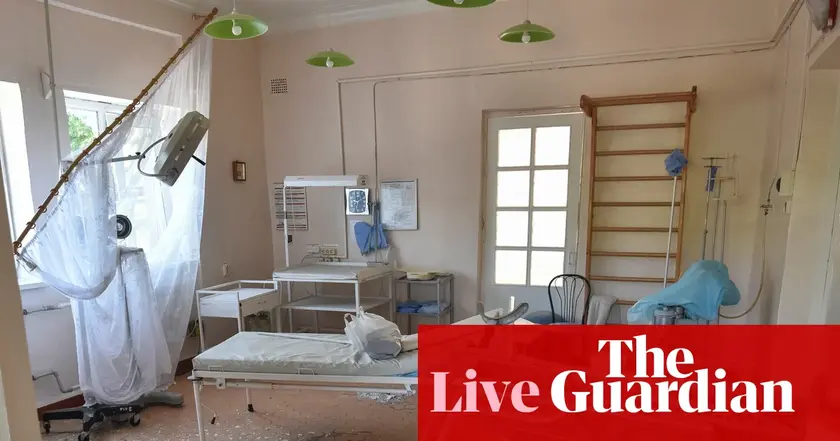
Zelenskyy reports 22 killed in overnight Russian strikes

Putin relocates nuclear bombers near Europe

NATO scrambles jets amid intensified Russia-Ukraine conflict
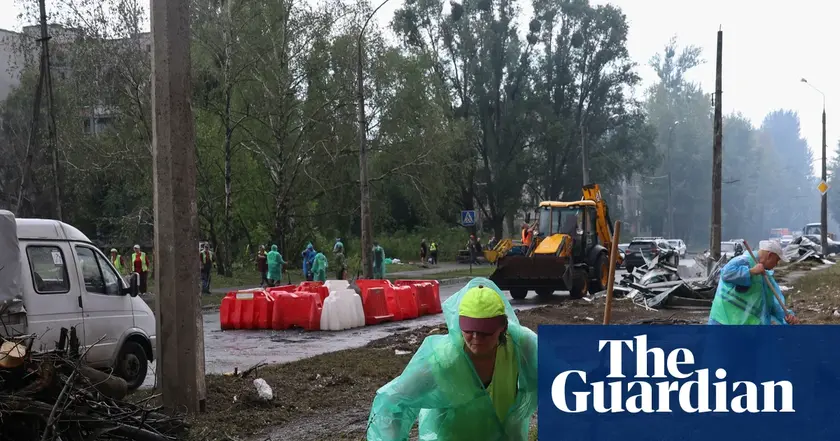
Ukrainian drones disrupt Russian military operations

Trump suggests Ukraine could strike Russian targets
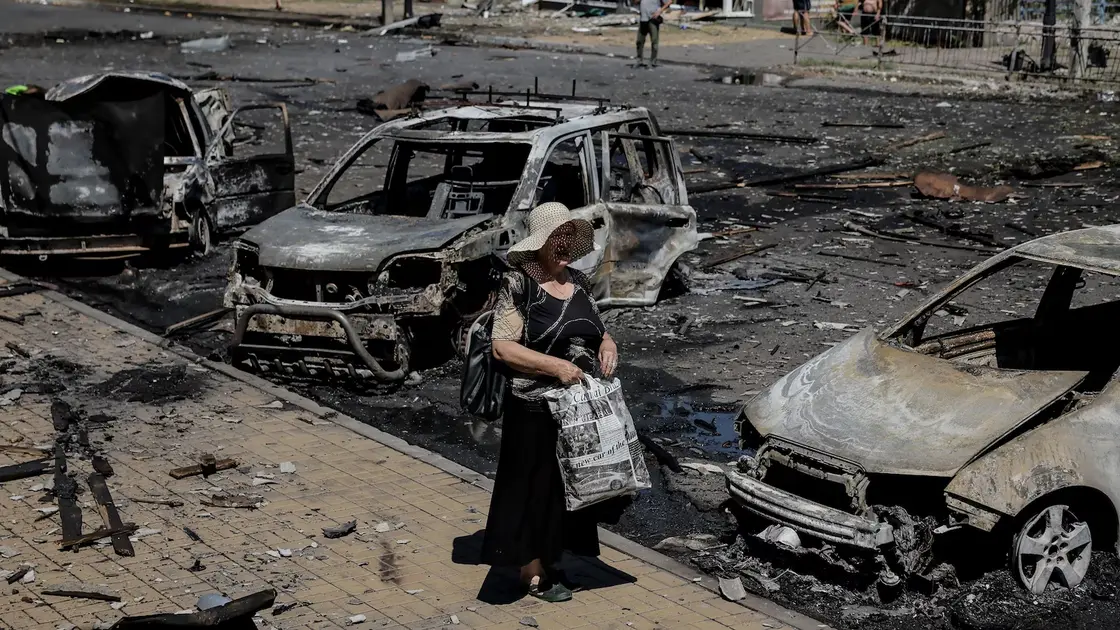
Ukraine pushes for harsher sanctions against Russia
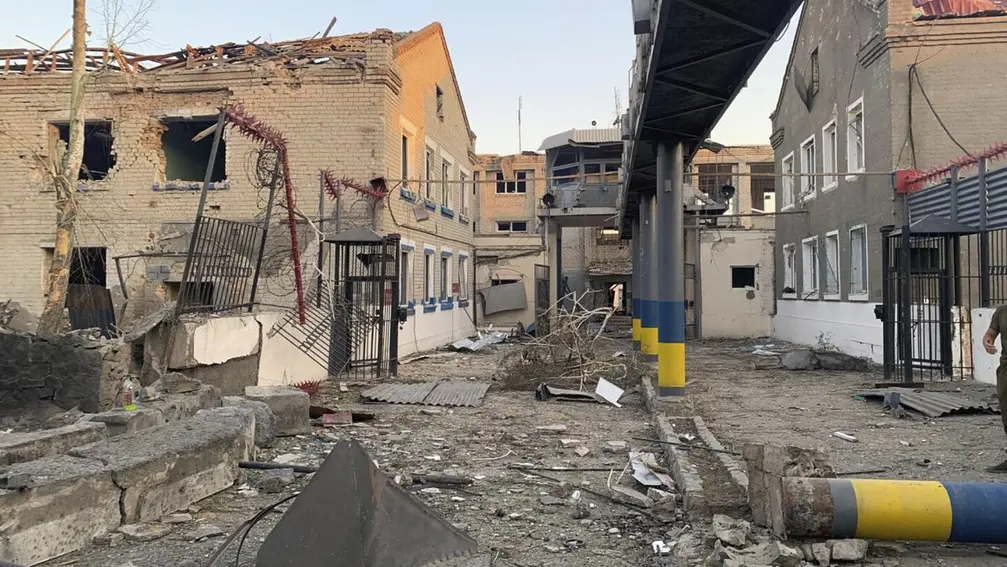
Russia attacks in Ukraine lead to 22 deaths
